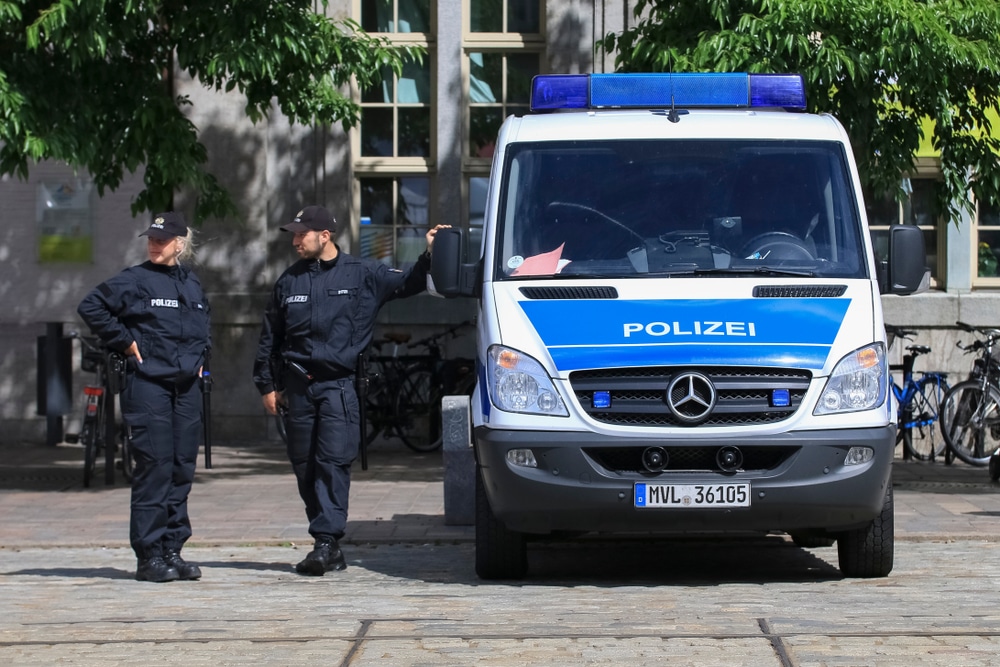A 27-year-old Syrian man has been arrested in Germany on charges of planning a machete attack on soldiers in the Bavarian town of Hof, according to Munich prosecutors. The suspect, who is reportedly a supporter of radical Islamic ideology, intended to target soldiers during their lunch break, aiming to kill as many as possible in a public setting. Authorities believe the attack was part of a broader attempt to incite fear and insecurity among the German population.
The suspect, whose name has not been released due to German privacy laws, was detained on Thursday by police in the Hof region. Prosecutors confirmed that he had acquired two machetes, each around 40 centimeters (16 inches) long, earlier in the month and had been preparing to carry out the attack. He was brought before a judge on Friday, where an arrest warrant was issued, and he remains in custody.
This arrest follows a string of recent attacks and foiled plots in Germany, with heightened concerns about Islamic extremism. Just last month, a 26-year-old Syrian asylum-seeker, linked to the Islamic State (IS), carried out a knife attack in Solingen that killed three people and wounded eight others. The Solingen attack, for which IS claimed responsibility without providing evidence, sparked nationwide debates on security and immigration, especially given the suspect’s prior evasion of deportation.
Security and immigration concerns have also surged ahead of local elections in the state of Brandenburg, where the far-right Alternative for Germany (AfD) party is gaining traction. Chancellor Olaf Scholz, in response to rising public anxiety, recently vowed to increase deportations of individuals deemed security threats, particularly those with rejected asylum claims.
Germany has faced a wave of homegrown and foreign-linked terrorism over the past decade, prompting the government to take aggressive measures to protect public safety. Interior Minister Nancy Faeser recently announced the reintroduction of temporary border controls across all nine neighboring countries to Germany, citing concerns about Islamist terrorism and organized crime. These restrictions, initially focused on borders with Austria, Poland, and the Czech Republic, have now been expanded to include other nations such as France and the Netherlands.
Expanded Coverage:






